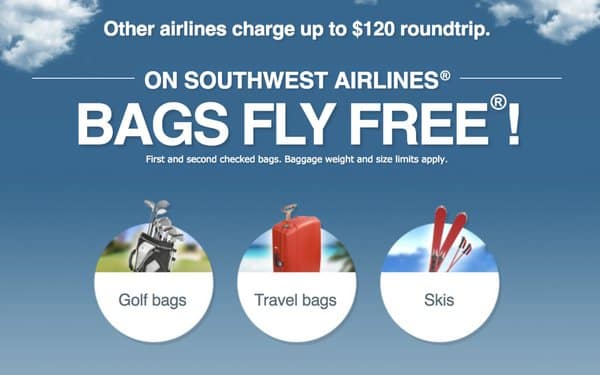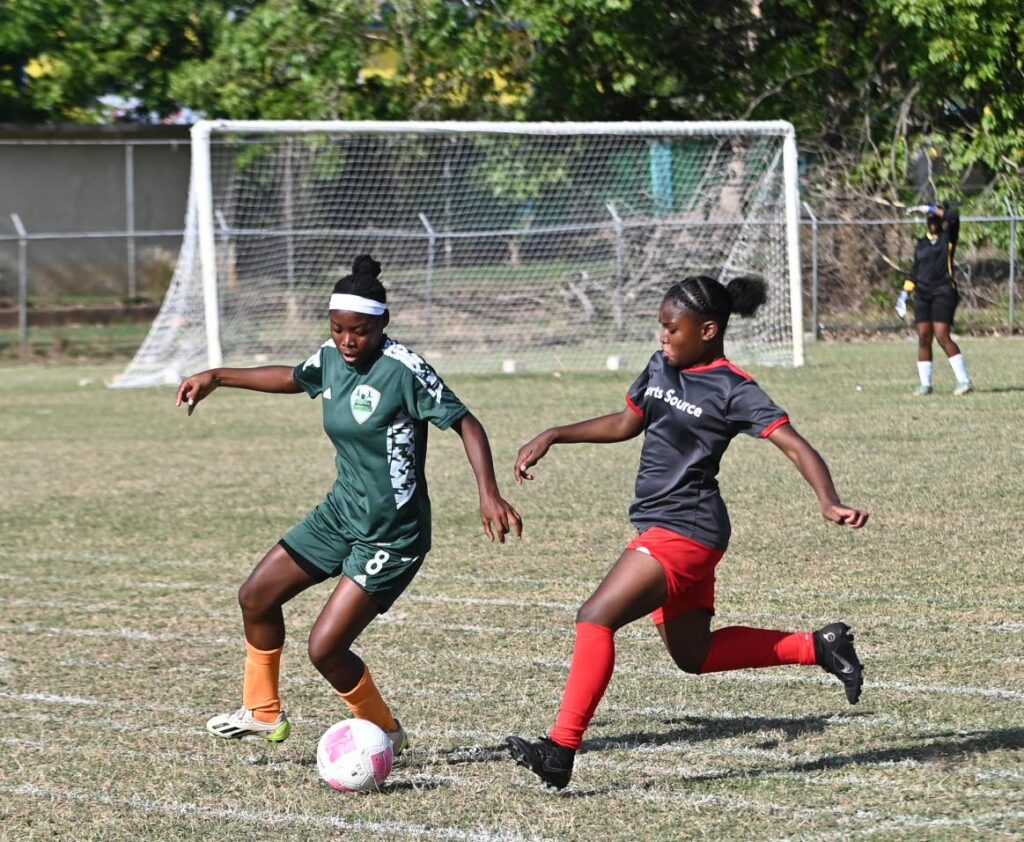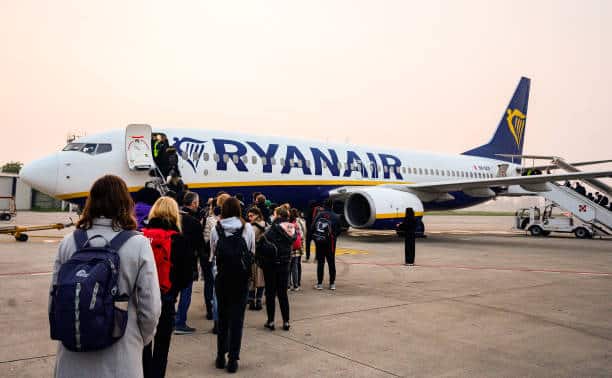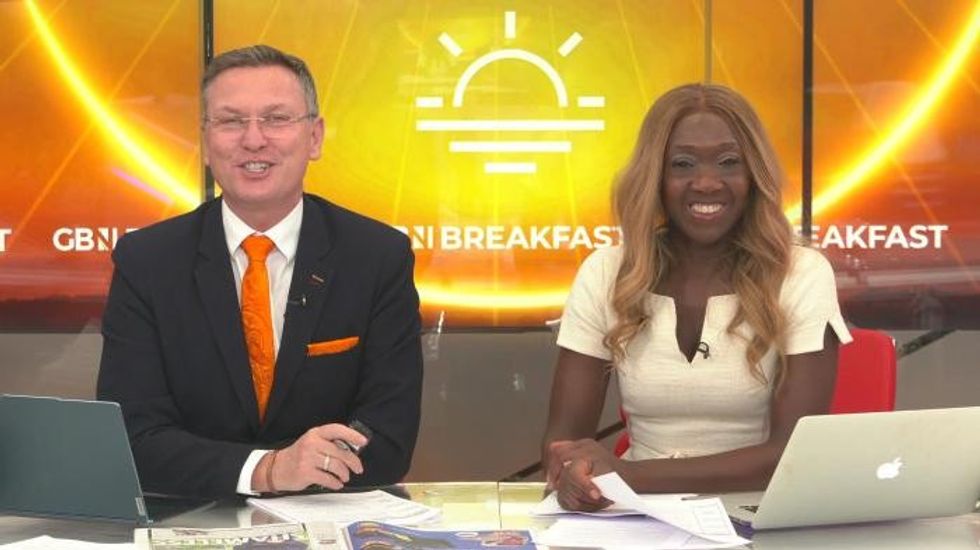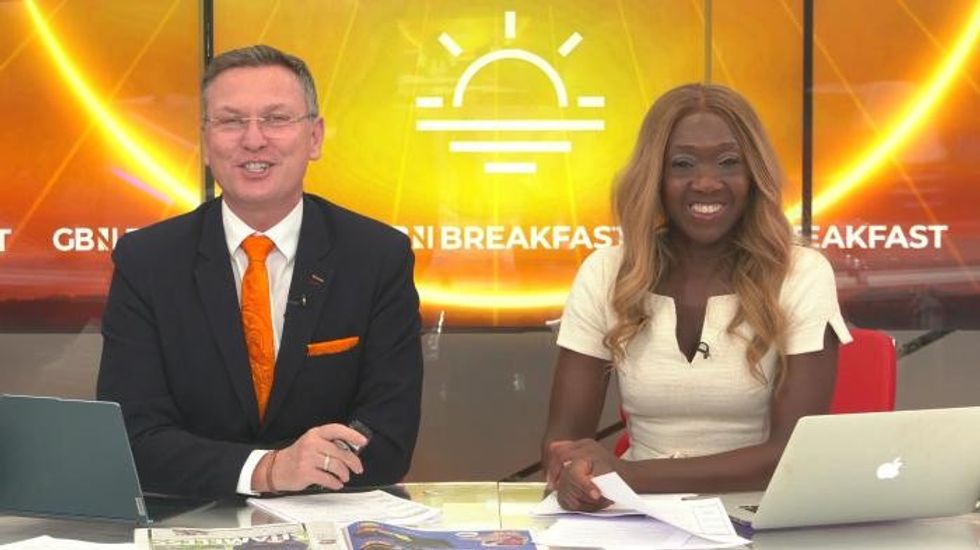Time for a change: The case for reforming Jamaica’s claiming system
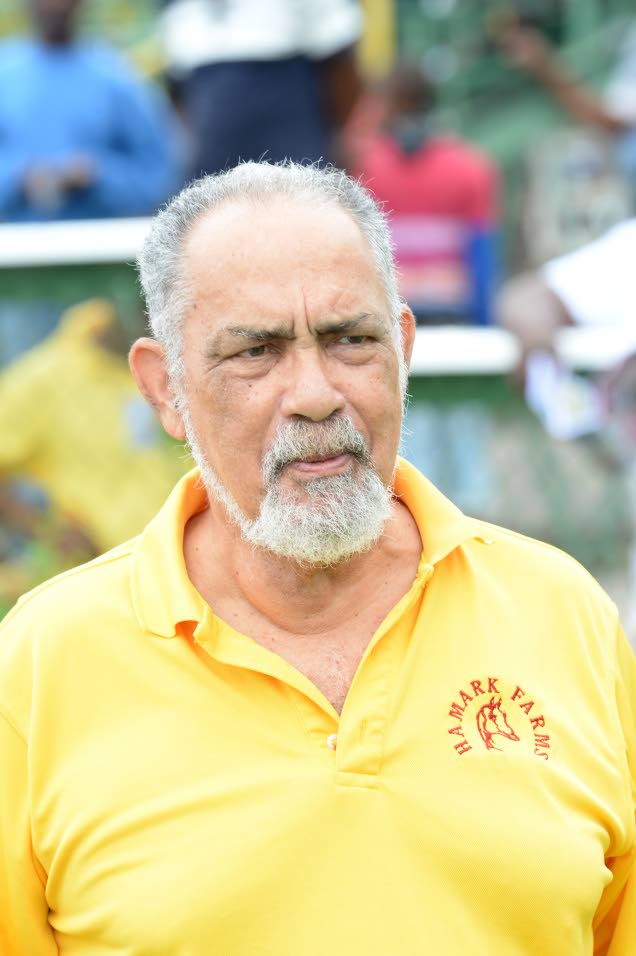
Thirty-two years ago, in the most enlightened and critical moves possible, Howard Hamilton OD, CD, established the Jamaican chapter of the global Thoroughbred Owners & Breeders Association (TOBA). At this year’s annual general TOBA meeting, Andrew Azar replaced Hamilton, the founding and only president since.
Importantly, as well is the decision by distinguished owner, breeder and attorney-at-law Jeffrey Mordecai, son of Sir John, the founding Jamaica Racing Commission Chairman, to serve as vice-president. Mordecai is especially knowledgeable in regulatory matters and all other aspects of the industry. Interestingly as well is the United Racehorse Trainers Association of Jamaica (URTAJ) electing a new executive to be led by Capt Marlon Brown.
I would expect these new executives and boards, with this calibre of leadership, to acknowledge that the economic viability of the promoting company is of paramount importance. Therefore, a racing product that can achieve this objective must replace the 33-year-old, hopelessly flawed, and flailing claiming system as constituted. It is not claiming tags that is the source of the problems, it is more attributable to the non-genuine classification of the horse population.
Predetermined weight allotment should not be in the conditions of entry, as this cannot meet the standard of JRC Rule#33. In fact, only age, sex and possibly earnings should be allowable in race projections conditions. Anything other than weights allotted before nomination just renders inferior horses conceding weight to superior ones in over 90 per cent of all claiming and condition races. This militates against the viability of the promoting company with a huge number of odds-on favourites generated and can be solved effective immediately.
This is how claiming has performed in the US. In 1992, the breeding sheds delivered 35,051 foals, which by the end of 2023 declined to 17,200. Naturally, over roughly the same 30-year period, the number of races also fell precipitously from 70,393 to 30,852 by the end of 2024. With a population of 255 million in 1992, the handle was US$9.639 billion, but in 2023, although US populace stood at 347.5 million, the handle was at US$11.689 billion.
Such is the decline of the sport in the US. In another decade, the scenario will be more dire as the populace continues to lose interest in the industry. Under the handicap system in Jamaica, there was growth of 10 per cent annually or 300 per cent cumulatively, with 28 race meetings in 1960 increasing to 84 by 1992, with 115 runners in between 11 and 12 races per programme.
By 1992, the cohort of owners exceeded 900, with the 25 breeding sheds delivering over 400 foals consistently, but this has declined respectively to under 600 and 200 over the last decade. In 2022, there were 856 races in 88 days, which by 2024 declined to 755 in 84 days, with 389 offering odds-on favourites underperforming as sales units. This ratio has remained unchanged for the 32 years of claiming. Eighty race days are programmed for 2025 and this has negative implications for the long-term future of the industry.
There is no question that the change to claiming was predicated on two false premises, as the evidence has now unquestionably confirmed. Firstly, a Handicap System that grew exponentially over three decades lacked integrity and punters’ confidence, and secondly, the trading of race horses in a claiming system was a viable economic activity in this non-professional environment.
Over the last three decades, Jamaica’s population and the economy have grown significantly, but this is not reflected in the performance of the racing product presented as a claiming system to confirm how wrong the architects were to have allowed superior knowledge to go unheeded.
Under normal conditions, when a business fails, effectively, it is the goods or services that lose viability in the market. This is not the fault of the promoting company; I submit that TOBA and URTAJ need to realise and accept that the classification of the horse population in a proper handicap system and claiming tag races is not mutually exclusive but can coexist. If they agree then the promoters will have to comply with the wishes of these operatives.
What's Your Reaction?
 Like
0
Like
0
 Dislike
0
Dislike
0
 Love
0
Love
0
 Funny
0
Funny
0
 Angry
0
Angry
0
 Sad
0
Sad
0
 Wow
0
Wow
0





